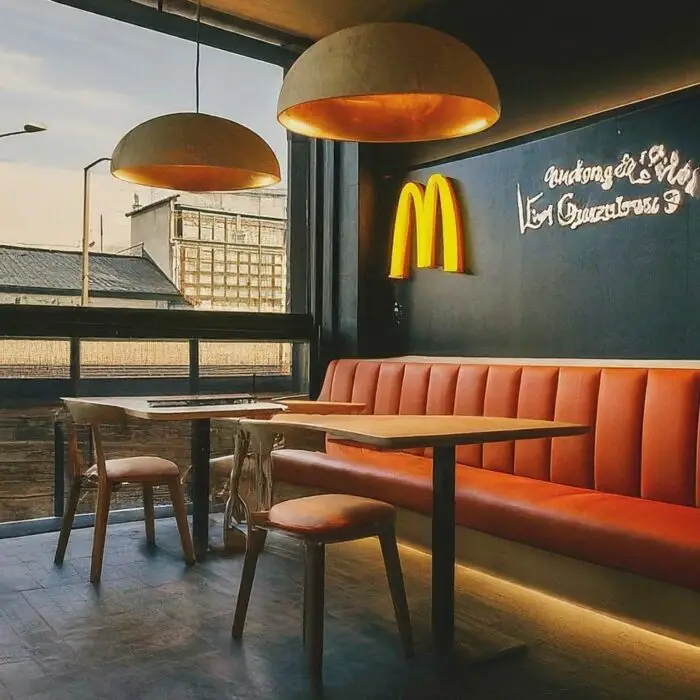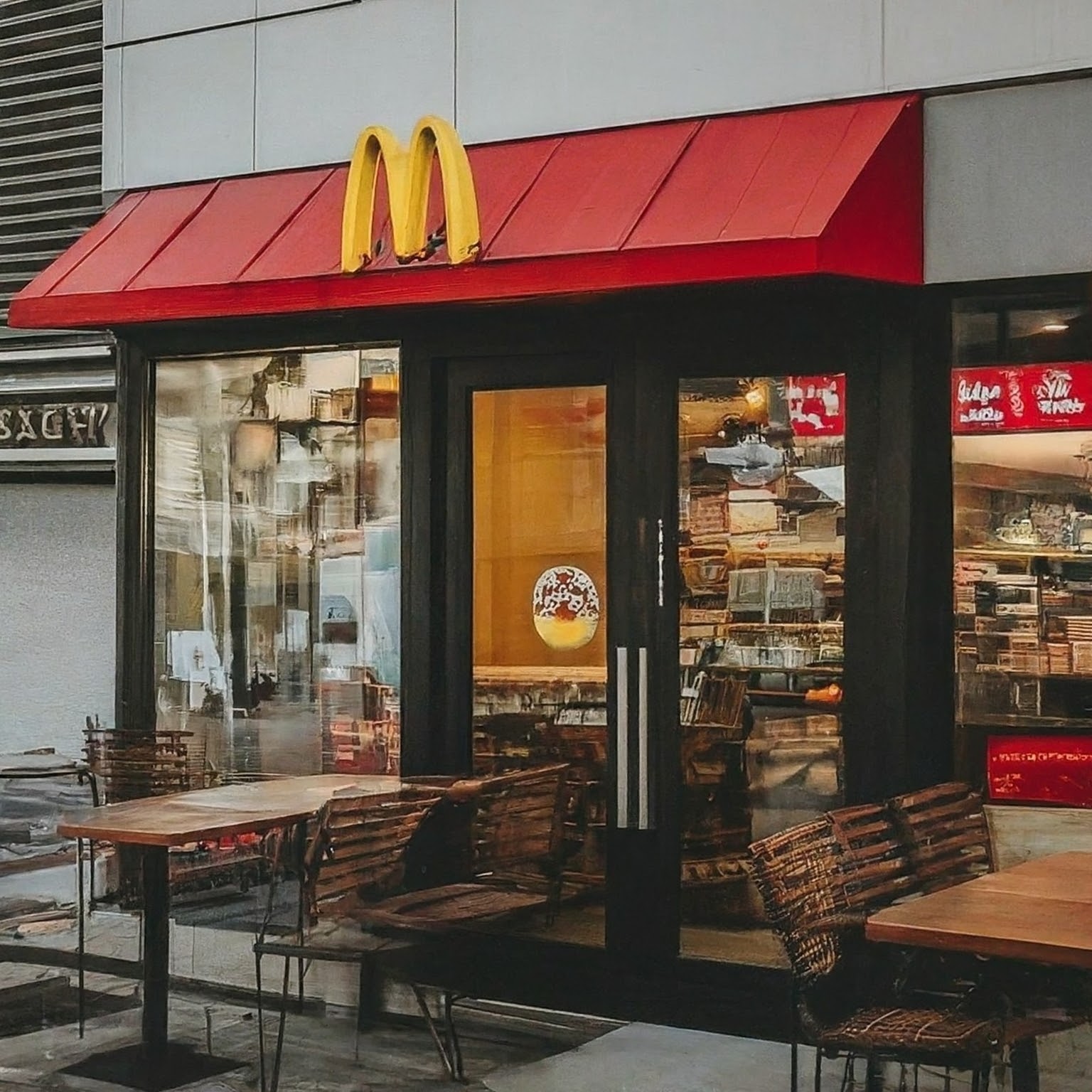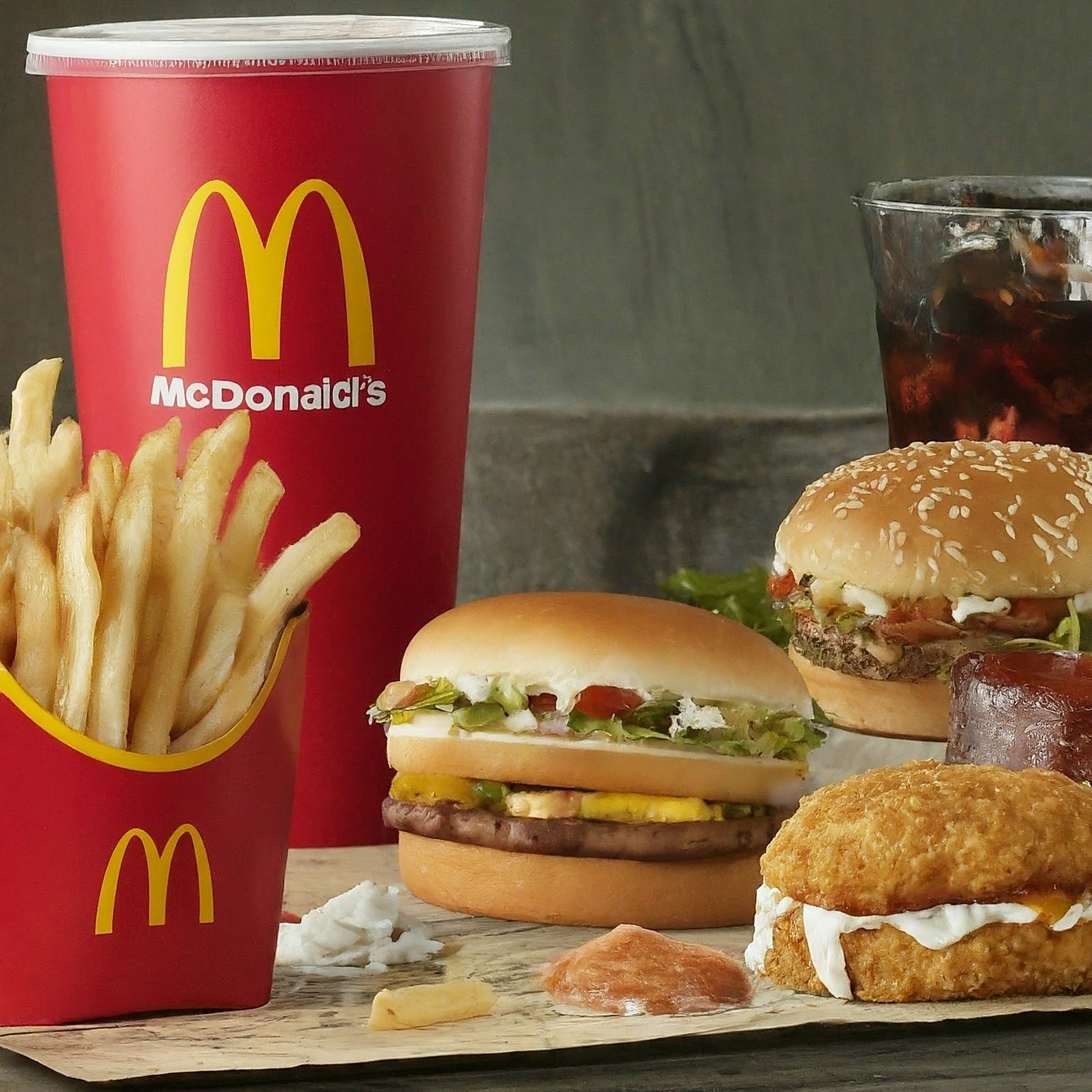
Mcdonald
As one of the largest fast-food chains globally, McDonald’s serves millions of customers each day, which naturally raises questions about its environmental impact.
Recognizing its responsibility, McDonald’s has undertaken several sustainability initiatives aimed at reducing its ecological footprint.
From sourcing sustainable ingredients to minimizing waste, the company is making strides toward a greener future.
Commitment to Sustainable Sourcing
One of the cornerstone efforts of McDonald’s sustainability strategy is the commitment to sustainable sourcing.
This encompasses a wide array of practices aimed at ensuring that the raw materials used in their products are obtained in an environmentally responsible and ethical manner.
Sustainable Beef and Poultry
McDonald’s has set ambitious targets to source beef, poultry, and other meats from suppliers that adhere to strict animal welfare and sustainable farming practices.
The company is a founding member of the Global Roundtable for Sustainable Beef (GRSB) which works to advance continuous improvement in global beef value chains.
Additionally, McDonald’s has committed to eliminating deforestation from its global supply chain. The company works closely with farmers to adopt sustainable agricultural practices that not only protect forests but also help mitigate climate change.
Coffee and Palm Oil
The fast-food giant is also focused on sustainable coffee and palm oil. McDonald’s has been a member of the Roundtable on Sustainable Palm Oil (RSPO) since 2011, committing to use palm oil that is RSPO certified.
Similarly, the company aims to source all of its coffee sustainably, working through various channels, including the Rainforest Alliance and Fair Trade certifications.
Renewable Energy and Carbon Reduction
To address climate change, McDonald’s has set clear goals for reducing greenhouse gas (GHG) emissions in its restaurants and supply chain. One key objective is to reduce GHG emissions by 36% from the 2015 baseline.
Restaurant Energy Efficiency
McDonald’s is investing in energy-efficient technologies across its global locations. This includes upgrading to LED lighting, installing energy-efficient kitchen equipment, and optimizing heating, ventilation, and air conditioning (HVAC) systems.
These efforts not only reduce energy consumption but also contribute to significant cost savings.
Renewable Energy Projects

Inside Mcdonald’s restaurant with an outside view.
In addition to energy efficiency, McDonald’s is heavily investing in renewable energy. The company has committed to purchasing renewable energy for its restaurants, and it has entered into power purchase agreements (PPAs) to fund wind and solar projects.
These initiatives are expected to supply a significant portion of the electricity used in McDonald’s U.S. restaurants.
Waste Management and Recycling
Efficient waste management is crucial for a company that deals with a high volume of disposable packaging.
McDonald’s has undertaken several initiatives aimed at reducing waste and improving recycling rates.
Packaging and Plastics
McDonald’s aims to make 100% of its packaging from renewable, recycled, or certified sources by 2025. The company also announced plans to significantly reduce the use of plastics.
For example, several locations globally have phased out plastic straws and replaced them with paper alternatives.
Recycling Programs
To tackle waste, McDonald’s is enhancing its in-restaurant recycling programs. The company is working to ensure that recycling bins are readily available in its restaurants and that customers are educated on how to properly dispose of their waste.
By 2025, McDonald’s aims to recycle guest packaging in 100% of restaurants globally.
Water Conservation
Water is one of the planet’s most vital resources, and McDonald’s recognizes the importance of conserving it. The company is improving water efficiency in its restaurants and supply chain.
Restaurant Water Use
Initiatives such as low-flow faucets, efficient dishwashing equipment, and water recycling systems are being implemented to reduce water consumption in McDonald’s restaurants.
These measures help conserve water while also reducing operational costs.
Sustainable Agriculture and Water Management
In its supply chain, McDonald’s encourages sustainable farming practices that include efficient water management.
The company collaborates with suppliers to implement drip irrigation, rainwater harvesting, and other techniques to optimize water use and reduce waste.
Employee and Community Involvement
Sustainability at McDonald’s extends beyond corporate policies and into community and employee engagement.
The company believes that its workforce and the communities it serves play a critical role in achieving its sustainability goals.
Employee Training and Engagement
McDonald’s offers extensive training programs to educate employees about sustainable practices. This includes energy conservation, waste reduction, and efficient resource use.
By fostering a culture of sustainability internally, the company ensures that its green initiatives are implemented at every level.
Community Outreach
McDonald’s also engages in community outreach programs that promote environmental stewardship.
These initiatives often involve partnerships with local organizations to clean up parks, plant trees, and participate in recycling drives. This not only helps improve local environments but also strengthens community ties.
Future Goals and Challenges
While McDonald’s has made significant progress in its sustainability journey, the path forward is challenging.
Continuous improvement is essential as the company adapts to emerging environmental issues and adopts new technologies.
Looking Ahead
McDonald’s is committed to setting and achieving new sustainability targets in the coming years. This includes further reducing carbon emissions, enhancing sustainable sourcing, and improving waste management practices.
These goals are aligned with broader global efforts to combat climate change and promote environmental sustainability.
Addressing Challenges
Achieving these ambitious targets comes with its own set of challenges. These include scaling sustainable practices across a vast network of restaurants and supply chains, driving consumer behavior change, and navigating regulatory landscapes in different countries.
However, McDonald’s remains committed to overcoming these obstacles through innovation, collaboration, and persistent effort.
In conclusion, McDonald’s is making significant strides in its quest for sustainability. By focusing on sustainable sourcing, energy efficiency, waste management, water conservation, and community engagement, the fast-food giant is demonstrating that even major corporations can take meaningful steps toward a greener future.
As McDonald’s continues to evolve its sustainability initiatives, it sets an important example for the industry and beyond.





